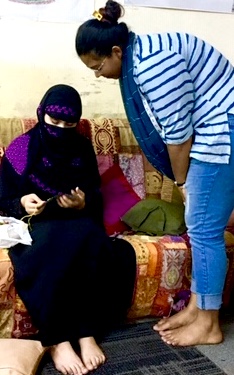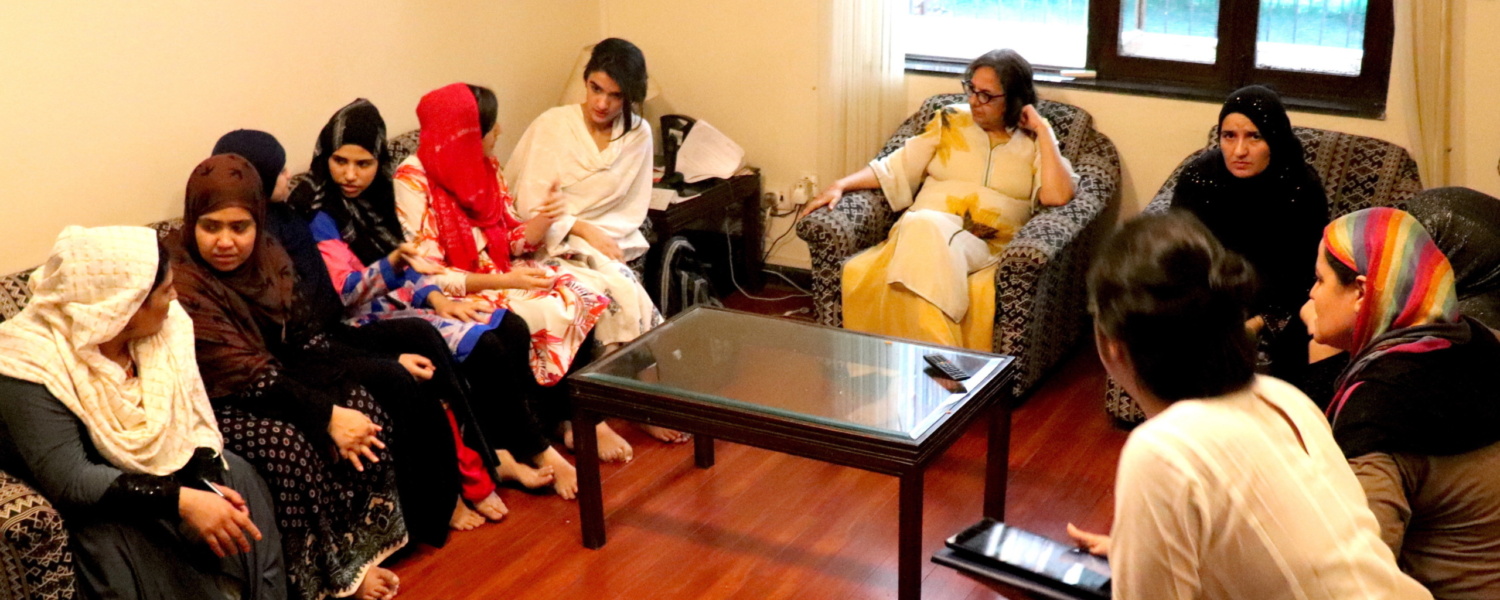

NEW PROJECTS: CAPACITY BUILDING
TRAINING PROGRAMS
Our team at Conserve conducts hard skills and soft skills training, as well as issue-specific trainings for wastepickers, artisans, and factory workers. We have a large network of trainers across India who specialise in a variety of topics and methodologies. Within our manufacturing, entrepreneurship and business training, we develop modules on different manufacturing processes (including sourcing raw materials, production, quality control, packaging), and in business support functions (such as accounting, sales, marketing and team management). We also provide issue-based trainings in sexual and reproductive health, gender based violence, and water and sanitation at home and in the workplace. Our training programs combine theoretical modules and interactive exercises like worksheets and roleplay, and we employ innovative therapy techniques like movement and art therapy to create a better understanding of deep rooted issues among a target group.
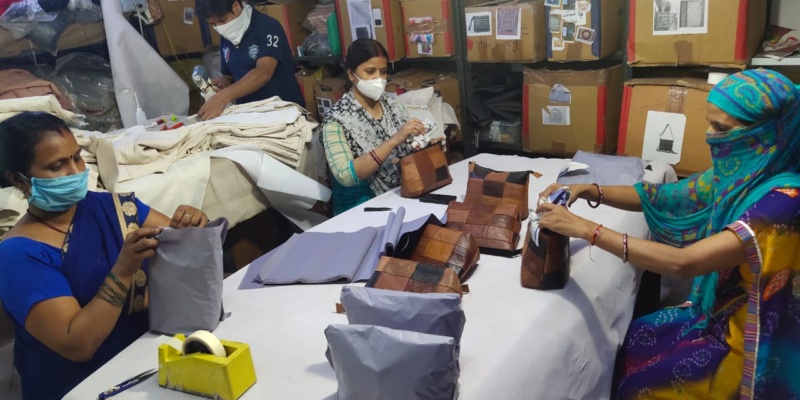

FROM WASTEPICKER TO MASTER TRAINER
Our association with them has been for the longest- for more than 15 years now. Grassroot recyclers have been forced into the wastepicking profession by lack of public amenities and infrastructure. It is an extremely exploited class in India by public and private bodies alike. This community consists of the poorest of the poor in urban and semi-urban areas with massively prevalent issues of gender violence, sexism, classism and rampant diseases.
They are trained into our patent technology of converting the plastic into Handmade Recycled Plastic- a substitute of leather created from discarded single-use plastics and creating products out of it.
This particular capacity building training is the longest ranging from 6months-24months. The training modules consist of production training – collection, segregating, cleaning, sorting, fabrication of the material and fabrication of the product. Supporting modules for production of Purchase, Quality checking, labelling and packaging are also conducted.
Beyond the scope of production training, we also invite external trainers for building their knowledge about Networking, Costing, Financial literacy etc.
Click to know more about the journey of a wastepicker to master trainer !
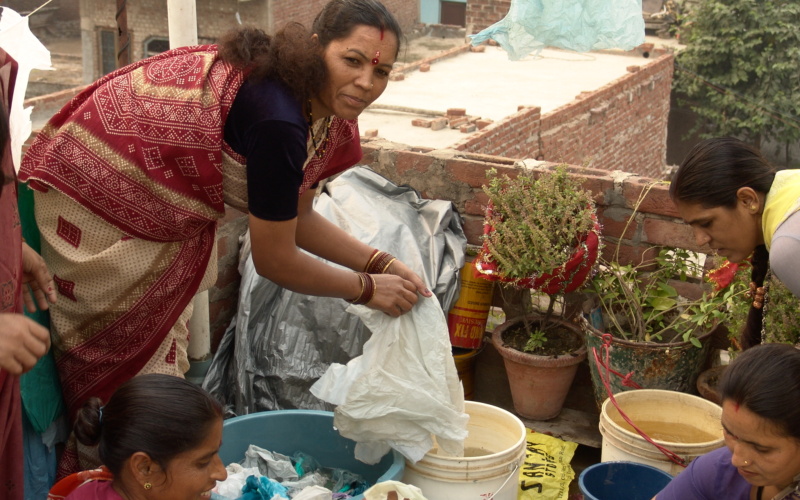

SWAVLAMBAN : SELF – RELIANCE FOR REFUGEES
We have been working with a group of 25 women of Afghani refugee women settled in a low-income district in Delhi. This project is an ongoing effort as a part of the Swavlamban project – Self Reliance for Refugees by UNHCR and Fair Trade Forum, India. We have been working with this all-women group since last 2 years and have established them into a brand owned by them – Akseer. Akseer meaning “Self-reliance” in their Afghani language- Dari.
As part of the project, we have provided them with training in stitching, crotchet, embroidery and other supporting business functions. They have established their own manufacturing unit and have started supplying to the local market as well as making bespoke pieces for boutiques in North India.
They are also taken on exposure visits to markets and other women-led groups to enhance their social awareness and adopt more business-friendly practices. We offer them support and counselling in order to bring a sense of social inclusivity and emotional balance and also regularly conduct community integration programs to enhance harmony between the host community and the refugees who have come to call this their home.
NEW PROJECTS: RESEARCH + DEVELOPMENT
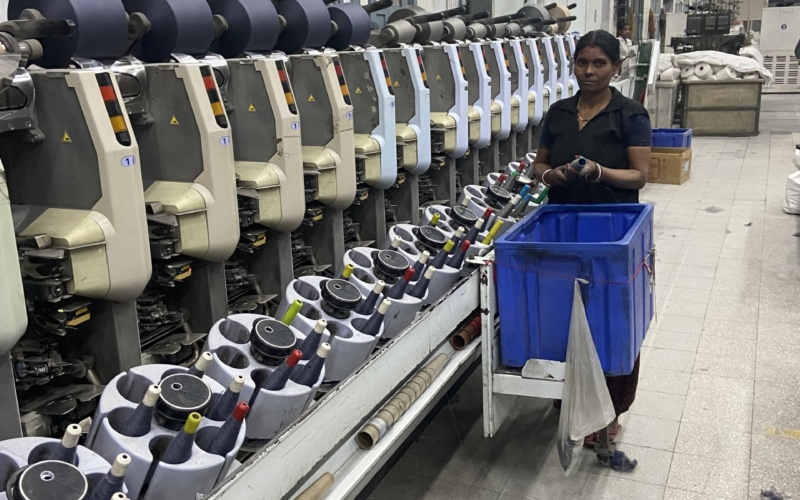

GHENT-ITC EU CITIES FOR FOR FAIR AND ETHICAL TRADE AWARD
Within developing countries there is often insufficient knowledge about the challenges local authorities and regions face when promoting ethical and Fair Trade. Such efforts require investments in time, skills, and financial resources.
Under the funding of its Award for EU ethical trade, the City of Ghent initiated a technical cooperation project between Ghent and Sahnewal/Ludhiana city. Supported by the International Trade Centre and Conserve, this initiative led to growing awareness of Fair Trade’s influence on business, products, and throughout the entire city. Sahnewal and the surrounding region of Ludhiana have now embarked upon a journey towards becoming the first certified Fair Trade Tow in North India.
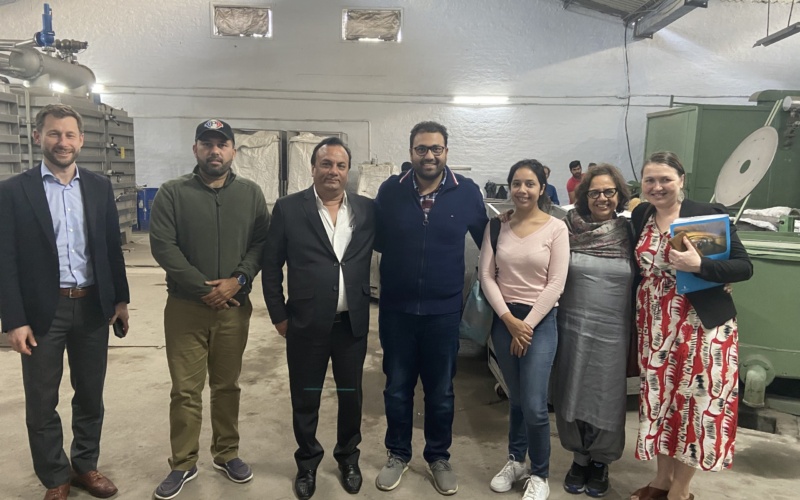

PLASTISKUL
As part of a consortium of innovators in plastic upcycling technologies, Conserve is launching Plastiskul — a series of multi-technology plastic recycling microfactories to target overwhelming local plastic waste management concerns. Our initiative aims to recycle as close to the waste location as possible, educate and sensitize communities on recycling, and produce local objects for social, ecological and economic resilience, thus reflecting the needs of a given region, while leaving a low environmental footprint.
Consortium Members include:
Kenya- Lwanda Biotech
Zambia: Fourthline Limited
France: 8 FabLab Drôme
Uganda: Takataka plastics
India: Conserve India
Vietnam: Fab Lab Saigon
France: Volumes
France: Matieres
THE SOCIAL IMPACT OF CIRCULAR ECONOMY IN THE TEXTILES VALUE CHAIN
In September 2020, the University of Utrecht, Netherlands initiated a Research Project spanning three countries (India, Spain, The Netherlands) to assess the social impacts of circular strategies in the apparel value chain through job quality, sustainable livelihoods and gender equality. Conserve is leading the research in India with the support of the Export Promotion Council of Handicrafts. The research focuses on the Social aspect of Circular Economy in the Textiles value chain.
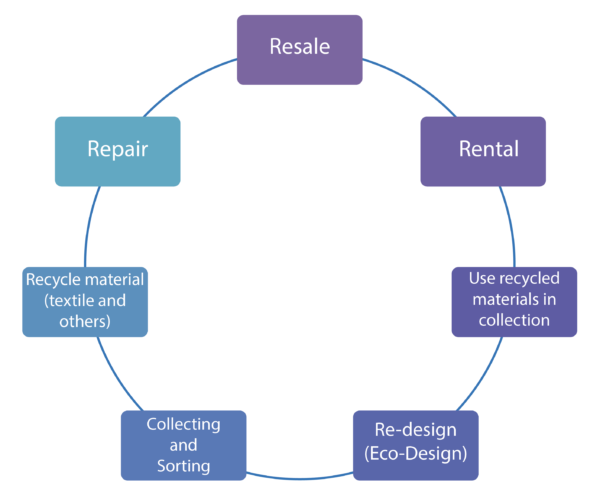

Through this research, we aim to answer the following questions:
- What are the social impacts (in terms of livelihood, job quality and gender equality) of the current circular strategies implemented by stakeholders in the local and global apparel value chains?
- What are possible future Circular Fashion paths and their impact on both male and female workers and their communities?
- How are power structures within the value chains affected by the design and implementation of CE strategies?
- What are the barriers, drivers, and trade-offs of circular strategies for relevant policymakers and business recommendations aimed at improving quality of job, livelihood and equality in the sector?
NEST ARTISANS ACCELERATOR SUPPLY CHAIN PROJECT
As part of the Nest Artisans Accelerator, Conserve is establishing systems for a resilient supply chain to prepare for high-volume sustainable product orders from mainstream conscious buyers.


NEW PROJECTS: ON THE HORIZON
ON-SITE CLEAN RIVERS PROGRAM
Conserve is in conversation with the Government of India’s Clean Rivers program to set up an on-site plastic and textiles recycling unit for waste collected from the rivers.
NETWORK OF GRASSROOT RECYCLERS
We’re developing a stronger network of Circular Economy stakeholders to push more sustainable policies that encourage and accelerate the transition to a circular economy, while being inclusive of the largest stakeholder group in the value chain— the wastepickers.
CIRCULAR ECONOMY MODEL FOR PLASTICS
Under LIFAFFA, we are creating an upcycling recovery model for domestic sales of products at their end-of-life.

